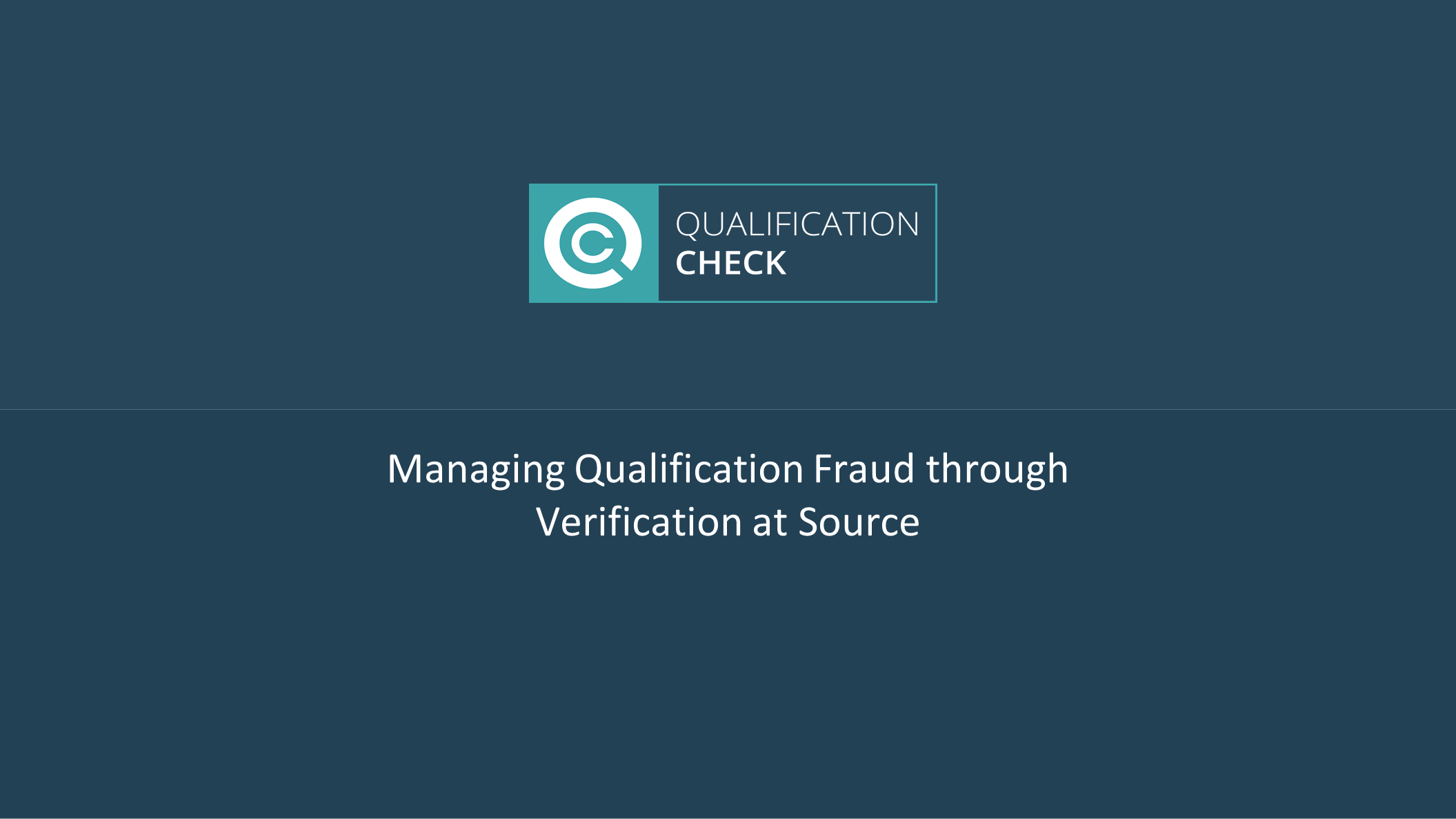
The importance of education verification in financial services
Financial services are one of the most heavily regulated industries in the world and an obvious focus is placed upon the integrity of staff who work in the sector.
As a result, the Financial Conduct Authority must approve those individuals who perform specific roles, often called ‘controlled functions’ for an authorised firm. To meet the regulatory requirements, the FCA can only approve people where they are satisfied the person is fit and proper to perform the functions that they have applied for. This is known as the ‘fit and proper test’ and as a result individuals cannot perform regulated activities unsupervised until they are assessed as competent. The FCA will also reassess existing approved persons and where there is evidence of non-compliance may take enforcement action.
A case in April 2021 demonstrated how one financial advisor with responsibility for compliance oversight had been working for a small financial advisory firm but had failed to hold the approved level of qualification to conduct the functions of his role.
The advisor had knowingly provided false information to the directors of the firm concerned regarding his qualification and continued providing advice for approximately four years. In addition, he had also provided false information to the firm’s public indemnity insurers. Once the firm were aware of the advisor’s falsehood, they suspended him and informed the FCA.
Enforcement action was taken against the advisor, and it was found that he had created a potential loss to customers as he was not qualified to the standard required; this being a diploma or level 4 qualification. He was fined £68,300 but unfortunately the damage had been done to the advisory firm who had to file for voluntary liquidation.
As part of the ‘fit and proper’ test the FCA will expect a candidate to be honest, competent, and capable. They also stress the importance of establishing an honest relationship with them from the start and any candidate’s application can be affected if information that has been provided is either false, incomplete, or misleading.
The FCA recommend that as part of the due diligence process and before a firm submits any application it should consider the individual’s qualification certificates. However, at Qualification Check we know that these certificates can be easily forged or altered with the use of simple graphic design packages.
Being able to check a qualification at source can give a financial services firm peace of mind that their candidate is being honest from the start and throughout the due diligence process. A firm can also demonstrate to their public indemnity insurer that they are taking due diligence seriously and evidence that they have a process in place to verify their candidates’ qualifications. The automated nature of the verification process means that time taken to check and verify a person’s education history or credentials is also greatly reduced, thereby having a positive impact on a firm’s operational processes when a candidate applies to the FCA.
For further information on primary source verification, contact Qualification Check at [email protected] or call Nima on +44 (0) 203 989 4192


